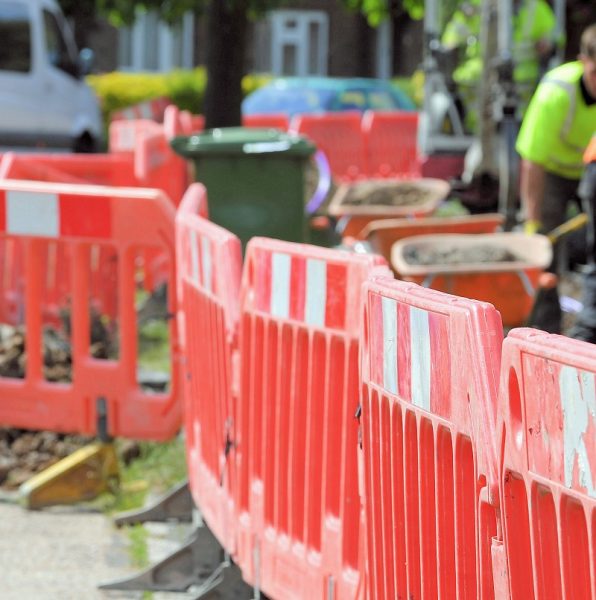INCA Calls for More Action on Skills to Boost Full Fibre Rollout

The Independent Networks Co-operative Association (INCA), which represents various alternative broadband ISPs and network builders, has called on the UK Government to put “urgent investment” toward training and apprenticeships in the telecoms sector to help skill-up new engineers.
At present a growing number of broadband operators are in the process of building new “gigabit-capable” Fibre-to-the-Premises (FTTP) based broadband networks (2020 Summary of Full Fibre Builds), which has put an industry-wide strain of existing contractors (i.e. not enough skilled civil engineers to meet demand in a timely fashion).
Creating a highly skilled fibre engineer is quite a long-winded and expensive process, particularly when you’re starting from scratch with somebody. The alternative of hiring people from abroad has also been made more difficult by various issues, such as Brexit and the fact that other countries are still building fibre (makes for a more competitive market).
Advertisement
The Government has already announced a project to increase investment in workplace training and apprenticeships, as part of its plan to avoid a rise in youth unemployment and to address the growing skills shortage in the sector. However, INCA warns that this may not be enough for the telecoms sector, particularly if the Government hopes to achieve their gigabit broadband target for all by the end of 2025.
Malcolm Corbett, INCA CEO, said:
“We are pleased that the Chancellor has recognised the need to help provide young people with the basic skills to secure full-time work. Now we need the same commitment made to developing a new generation of engineering talent or we risk falling short of the 2025 gigabit broadband target by some way.”
One difficulty here is that operators, or their sub-contractors, often won’t invest to create new engineers themselves until they know a new contract is coming their way, which could create additional pressures once the first contracts start to be signed under the government’s new gigabit (F20) programme (expected toward the end of 2021 or early 2022).
At the same time as this they will be competing for labour with operators in urban areas, which will still be ramping-up their own builds. Eventually the industry can solve this itself, but a bit more help from the Government might certainly work to reduce the future threat from delays.
Mark is a professional technology writer, IT consultant and computer engineer from Dorset (England), he also founded ISPreview in 1999 and enjoys analysing the latest telecoms and broadband developments. Find me on X (Twitter), Mastodon, Facebook, BlueSky, Threads.net and Linkedin.
« Scottish Salmon Farm Helps Village to Get Wireless Broadband
ISP Zen Internet UK Soft Launches 900Mbps FTTP Broadband »






















































As somebody who wants to get into a career in telecoms I have found it very hard to find oppertunities and get accredited say.
I also find that my area doesn’t help, Birmingham don’t seem to have many oppertunites in anything but then thats why I’m looking for somewhere to relocate, the right oppertunity would help with the decision making for sure.
Whilst I agree that the government could do more, it should really be down to the industry to address training and apprenticeships – far too many companies do neither, preferring to freeload of others. Where the government could usefully intervene is through long-overdue business rates reform as the current relief on fibre expires in 2022, which is pointless for investments with a 15-20 year payback period.
* freeload off others
Too much focus on skills for youngsters these days. What about people who find their chosen career has all but vanished when they hit middle age? Wheres the retraining for them? They have many transferrable skills and experience, yet end up working for minimum wagwe at B&M!!